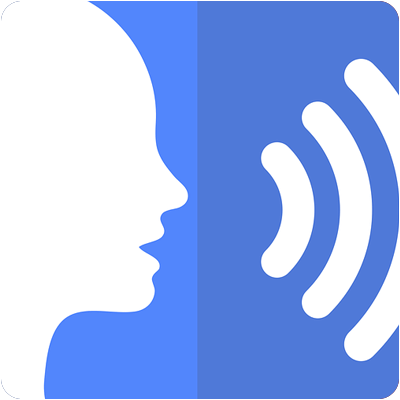Het arrangement Phone addiction - hv3 is gemaakt met Wikiwijs van Kennisnet. Wikiwijs is hét onderwijsplatform waar je leermiddelen zoekt, maakt en deelt.
- Auteur
- Laatst gewijzigd
- 11-05-2025 19:46:15
- Licentie
-
Dit lesmateriaal is gepubliceerd onder de Creative Commons Naamsvermelding-GelijkDelen 4.0 Internationale licentie. Dit houdt in dat je onder de voorwaarde van naamsvermelding en publicatie onder dezelfde licentie vrij bent om:
- het werk te delen - te kopiëren, te verspreiden en door te geven via elk medium of bestandsformaat
- het werk te bewerken - te remixen, te veranderen en afgeleide werken te maken
- voor alle doeleinden, inclusief commerciële doeleinden.
Meer informatie over de CC Naamsvermelding-GelijkDelen 4.0 Internationale licentie.
Aanvullende informatie over dit lesmateriaal
Van dit lesmateriaal is de volgende aanvullende informatie beschikbaar:
- Toelichting
- Deze les valt onder de arrangeerbare leerlijn van de Stercollecties voor Engels voor havo en vwo, leerjaar 3. Dit is thema 1 'Me and my phone'. Het onderwerp van deze les is: Phone addiction. In deze les staat telefoonverslaving centraal, waarbij ook de smartphone wordt besproken. In de grammaticaopdracht worden de simple past, past perfect en de present perfect toegepast. De onregelmatige werkwoorden van deze les zijn: to blow, to break, to bring en to build.
- Leerniveau
- HAVO 3; VWO 3;
- Leerinhoud en doelen
- Engels;
- Eindgebruiker
- leerling/student
- Moeilijkheidsgraad
- gemiddeld
- Studiebelasting
- 1 uur 40 minuten
- Trefwoorden
- arrangeerbaar, engels, hv3, past perfect, phone addiction, present perfect, simple past, smartphone, stercollectie, telefoonverslaving
Gebruikte Wikiwijs Arrangementen
Leermateriaal, StudioVO. (z.d.).
Me and my phone hv123
VO-, content. (z.d.).
BLOKKEN TEMPLATE - h45













